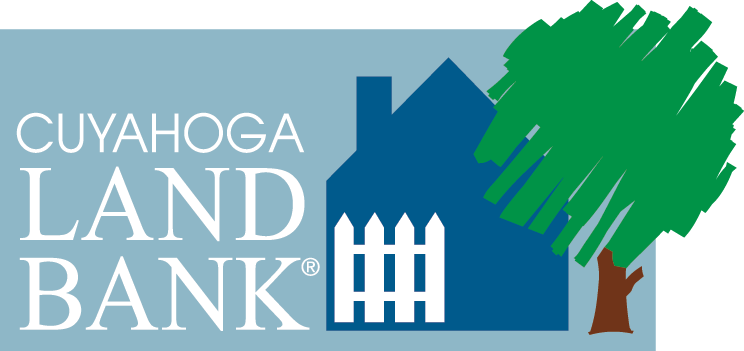UPDATE: 2:01 p.m. An earlier version of this story included incorrect tax rates for Berea and Richmond Heights. Shaker Heights was also incorrectly listed among the cities with the highest fixed rates.
CLEVELAND, Ohio — While you have yet to get notice of your new property value, Cuyahoga County cities already are budgeting what it will mean for next year’s bottom line.
Bedford expects to lose $470,000 from its $14.9 million general fund budget. Lakewood is looking at a $285,000 loss; Bedford Heights $275,000; Garfield Heights $400,000.
Overall, the county’s residential property value plunged about 9 percent in this year’s state-mandated property reappraisal, on top of an 8 percent drop in 2009, according to preliminary figures.
Values in all but six communities fell. And in some spots, the free-fall was worse than 30 percent.
In Maple Heights — where values tentatively took the biggest hit, at 33 percent — Mayor Jeffrey Lansky said he feels like the city’s been sideswiped. Officials haven’t yet calculated the impact.
“If this stands, we’re going to have to get ready for the next shock wave of whatever cuts we’re going to make,” Lansky said. “How do we pull a rabbit out of a hat? I don’t know.”
Northeast Ohio cities generally rely on income taxes, based on the wages of those who live and/or work in the city, to finance their budgets. Property taxes, tied to the value of homes and businesses in the city, usually count for only a small percentage.
Some cities, though, rely on property taxes more than others.
And unlike most school and library tax rates, which increase as values decrease, cities’ rates are fixed. So when values drop, cities take a hit.
Hard hit
Many cities have fixed property tax rates, which boosts municipal revenues when housing values climb. But when values fall, the same towns collect less from those taxes. Here are the 10 Cuyahoga County municipalities with the highest fixed property tax rates, in mills (a tenth of a cent).
City – Mills – Tax per $100,000 of home value
- Garfield Heights – 24.3 – $744
- Bedford Heights – 21.9 – $671
- Bedford – 21.7 – $665
- Berea – 20.65 – $632
- Richmond Heights – 18.1 – $554
- Lakewood – 17.4 – $533
- Bay Village – 14.9 – $456
- Euclid – 13.6 – $417
- Cleveland – 12.7 – $389
- East Cleveland – 12.7 – $389
Source: Ohio Department of Taxation
Note: Chart does not include school district taxes.
Garfield Heights, which is already on state-mandated fiscal emergency, has the highest municipal property tax rate in the county. The so-called City of Homes may resort to layoffs or service cuts.
“We’re already in the red,” said Mayor Vic Collova. “That just puts us back that much further.”
The property tax hit comes atop state cuts last year, which slashed local government funds and eliminated the estate tax.
That’s why Shaker Heights is asking voters to increase its income tax, from 1.75 percent to 2.25 percent. The suburb lost $6 million between the local government and estate tax cuts and stands to see another $450,000 disappear in property tax.
“You either have to have the revenue or make reductions,” said Shaker Mayor Earl Leiken.
Cuyahoga County government, too, will have to make choices.
The county expects to take in $10.6 million less next year, including $8.4 million out of the $213 million set aside for social services, such as child protection and drug addiction treatment. While officials have budgeted for the loss, it’s still tough, said county Fiscal Officer Wade Steen.
“The health and human service staff is really going to have to look at what they can do,” Steen said. “It will impact service.”
Most city leaders don’t know how they will offset losses.
“It hurts a lot,” said Bedford Finance Director Frank Gambosi. “We have to figure it out as we go.”
Lakewood Mayor Michael Summers is relying on attrition to thin out his staff. But he wants to find ways to operate more efficiently.
Said Bedford Heights Mayor Fletcher Berger: “You look at any way you can to reduce costs.”
Mayors will tackle the issue this fall as they pare city budgets for next year. But first, they’ll receive final numbers from the county, which submitted preliminary averages to the state last month.
Once the state approves those numbers, the county will mail you your new property value. You can then dispute the decision by phone, mail or email or by attending meetings with county officials.
The Maple Heights mayor disagrees with his city’s overall value drop.
“We don’t feel like it’s justified,” Lansky said. “It’s just mind-boggling to me.”
